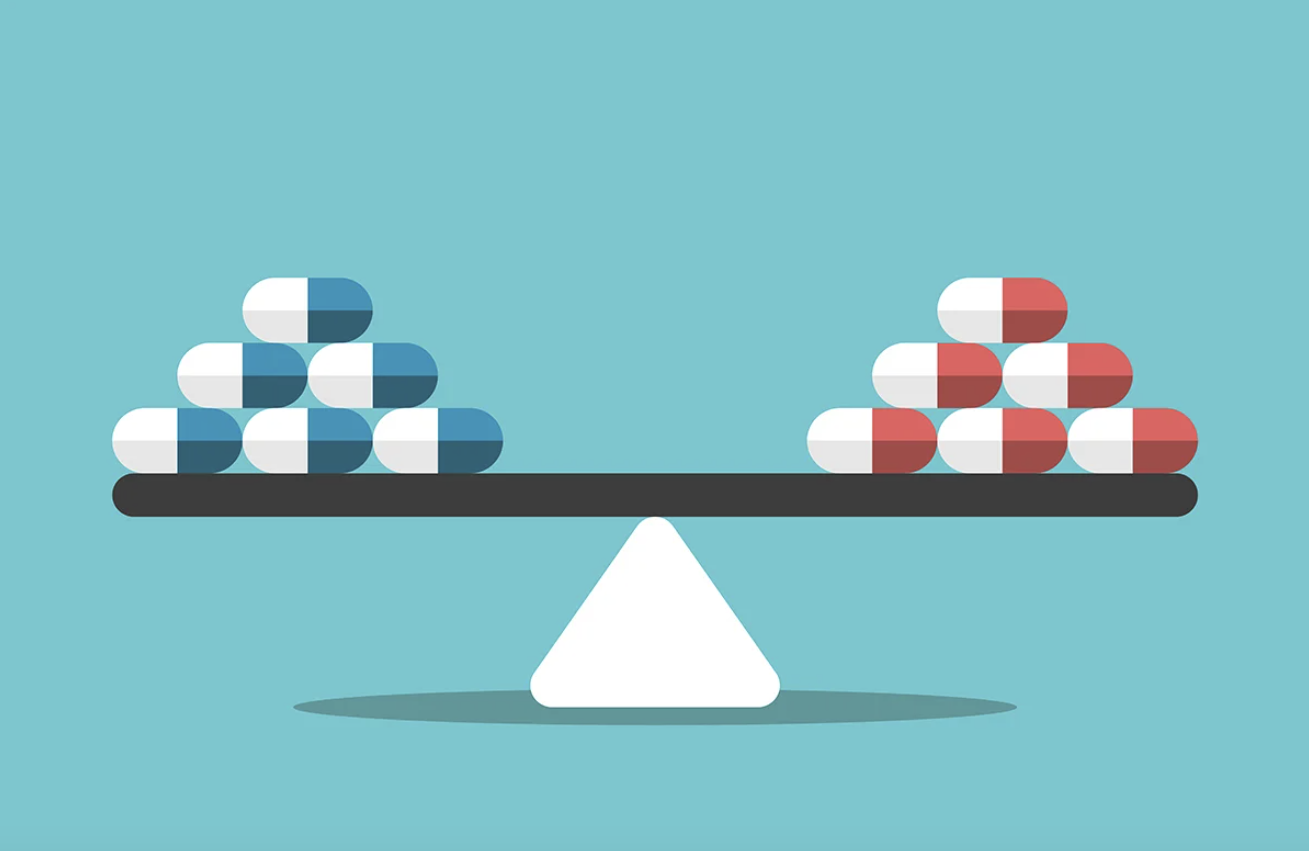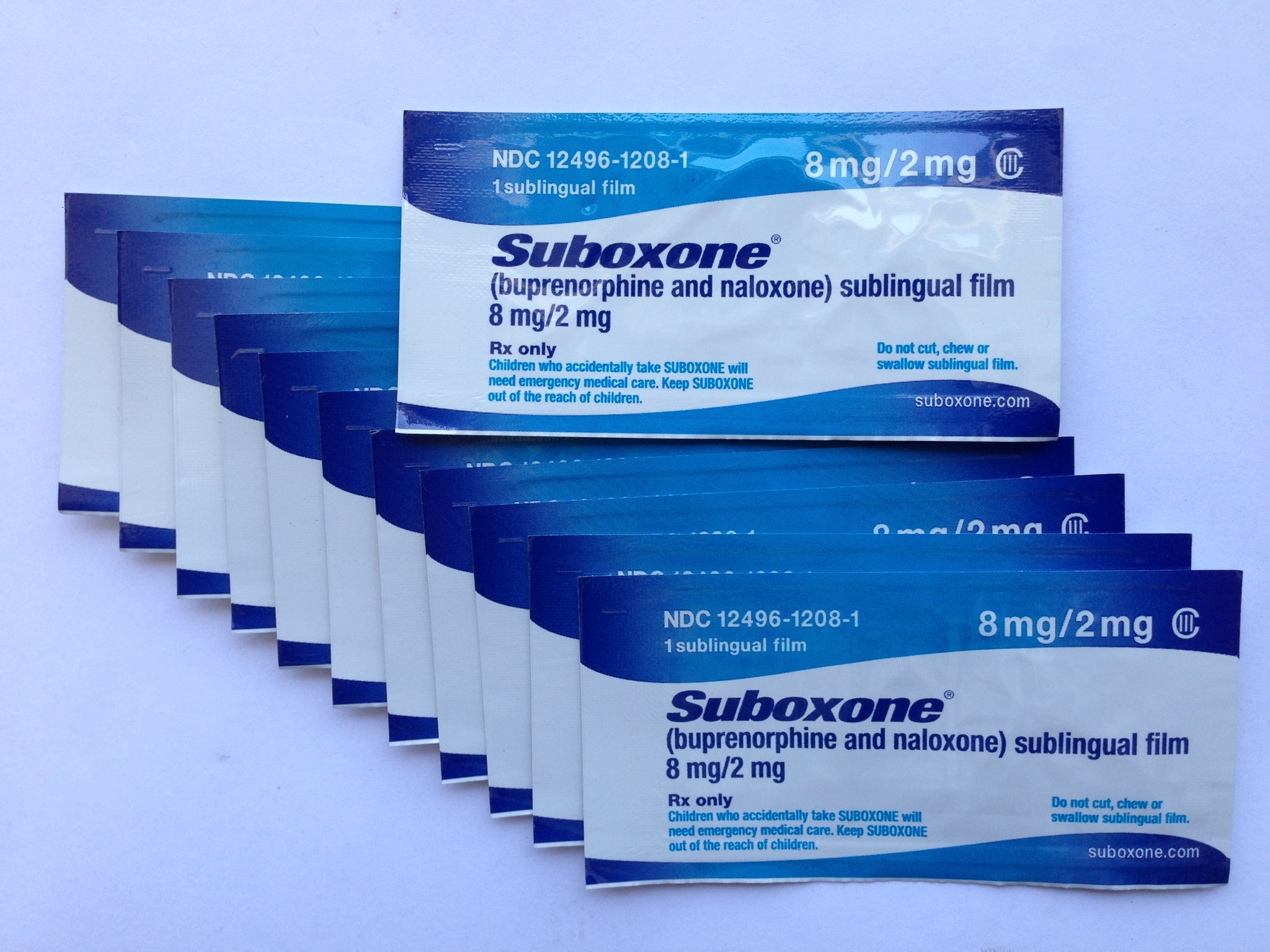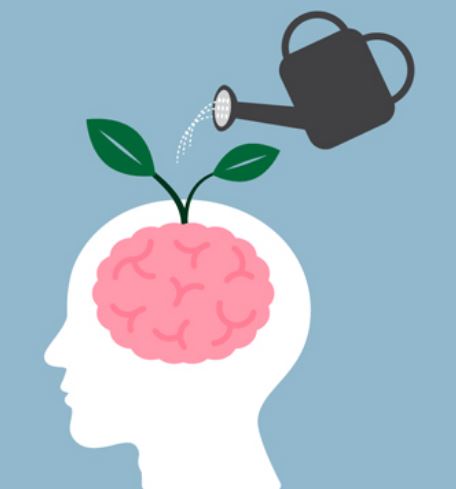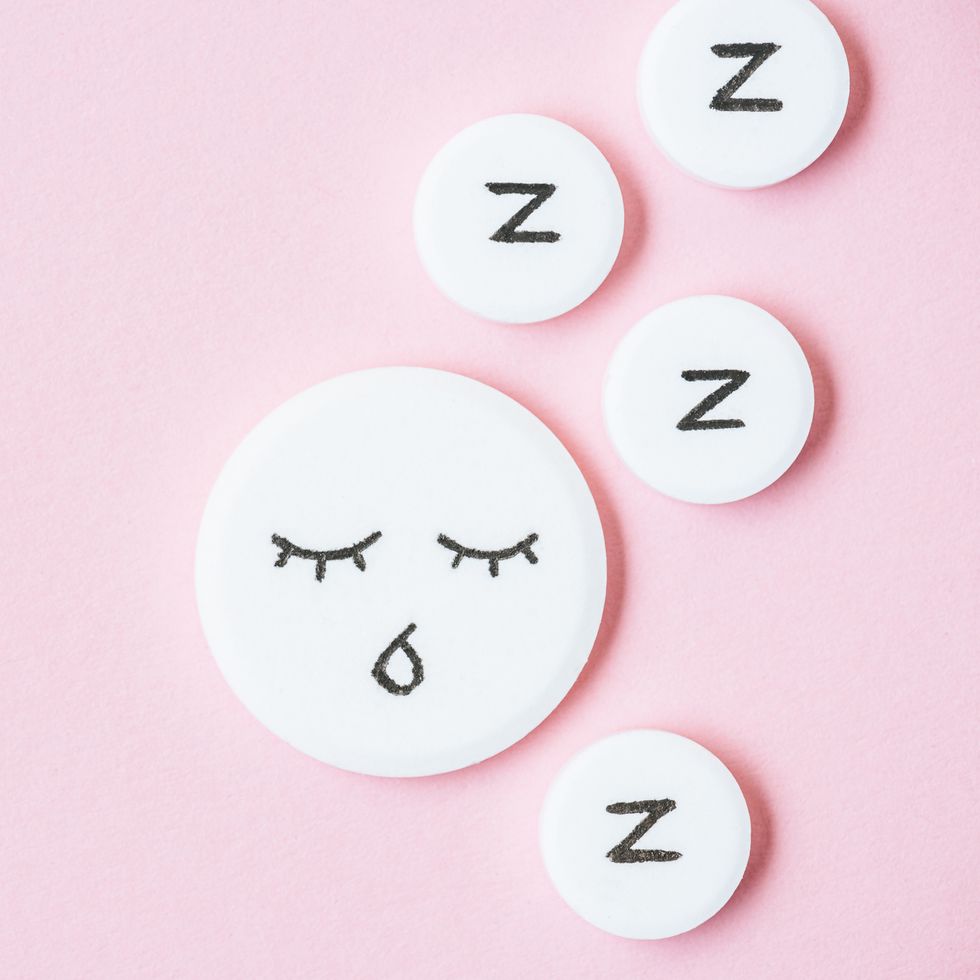***Please note that this is an informational overview on the interactions between SSRI and SNRI medications with recreational substances. You should always tell your doctor what recreational substances you use when considering treatments for depression, anxiety, and other mental health conditions. There may be additional risks and side effects not listed here!***
SSRI and SNRI?
SSRI’s (selective serotonin re-uptake inhibitors) and SNRI’s (Serotonin-Norepinephrine Re-uptake inhibitors) are widely known antidepressant medications that are also prescribed for many other conditions. They can be prescribed by your doctor for anxiety, post-traumatic stress disorder (PTSD), premenstrual syndrome (PMS), fibromyalgia and nerve pain syndromes, and even conditions such as irritable bowel syndrome (IBS) and premature ejaculation. Because they are prescribed for a wide variety of conditions, some folks may not be aware that they are taking antidepressant medications! This is important because there are significant risks associated with taking SSRI/SNRI medications and using recreational drugs, which is why you should always ask your doctor or other healthcare professional if there are any interactions between the drugs you use and the drugs they give you – every time! Even after talking to your doctor, it’s a good idea to take charge of your health and do your own research (such as reading this blog!)

Continue reading →


 rological aspects of ADHD. Harm reduction exists in many facets of life, and can take on many forms. Here at Trip! Project, one of the ways we practice harm reduction is through the spreading of knowledge and awareness of various substances, and phenomena related to taking/using these substances. The idea behind this is that knowledge is power! Having an awareness and understanding of the substances we take and the ways in which they interact with our brains is one way to make more informed and hopefully safer choices when it comes to substance use. The same can be said about our own brain chemistry and structure! Knowing how or why we experience the things we do can help us make informed choices and take better care of our brains.
rological aspects of ADHD. Harm reduction exists in many facets of life, and can take on many forms. Here at Trip! Project, one of the ways we practice harm reduction is through the spreading of knowledge and awareness of various substances, and phenomena related to taking/using these substances. The idea behind this is that knowledge is power! Having an awareness and understanding of the substances we take and the ways in which they interact with our brains is one way to make more informed and hopefully safer choices when it comes to substance use. The same can be said about our own brain chemistry and structure! Knowing how or why we experience the things we do can help us make informed choices and take better care of our brains. 
